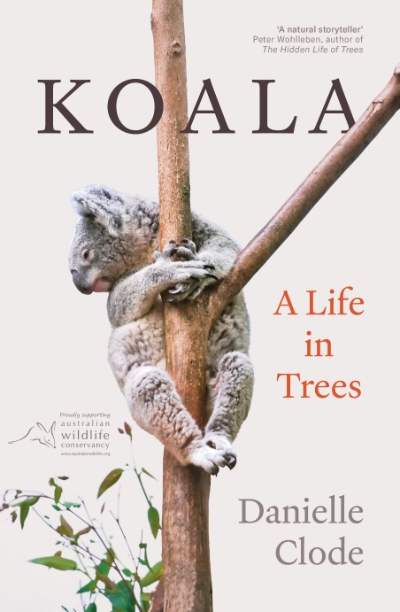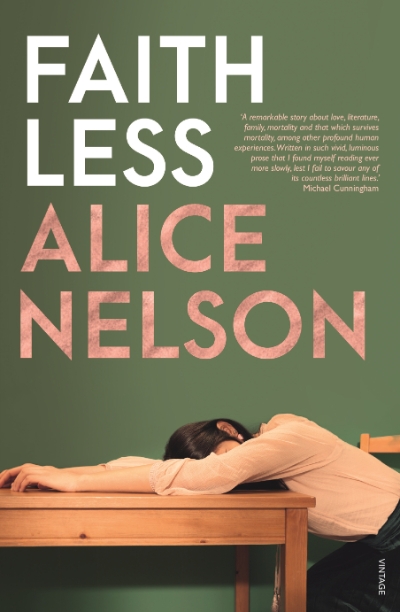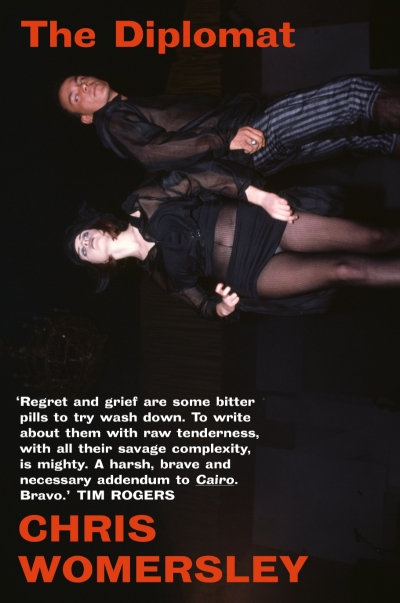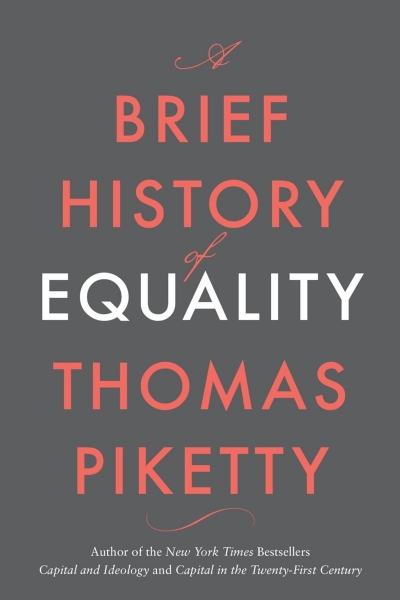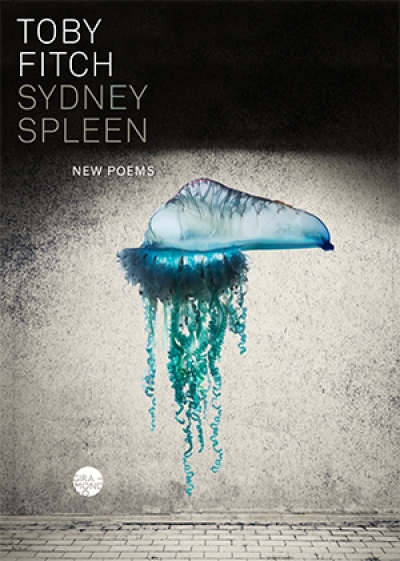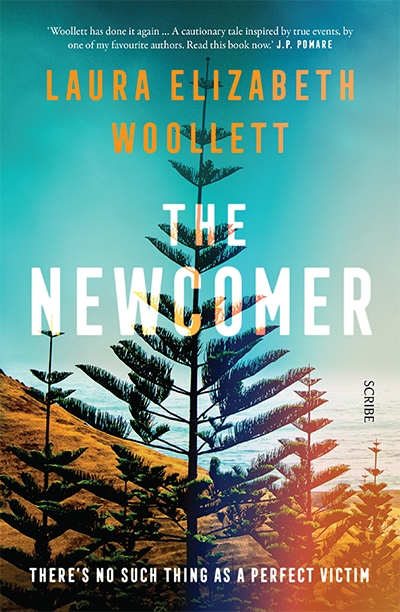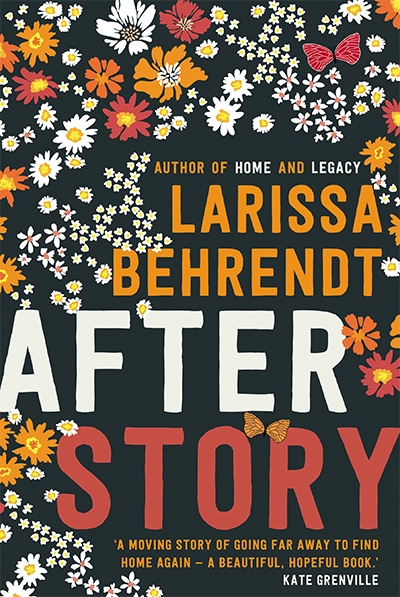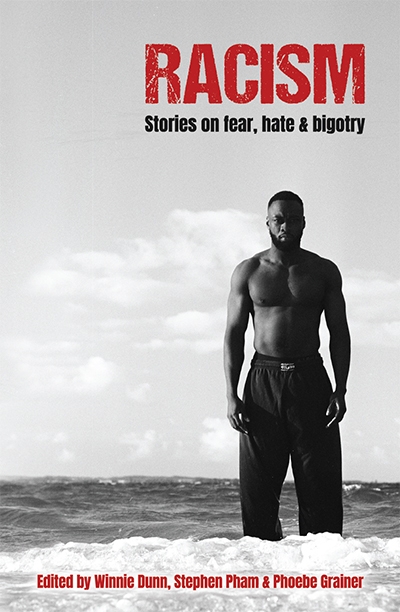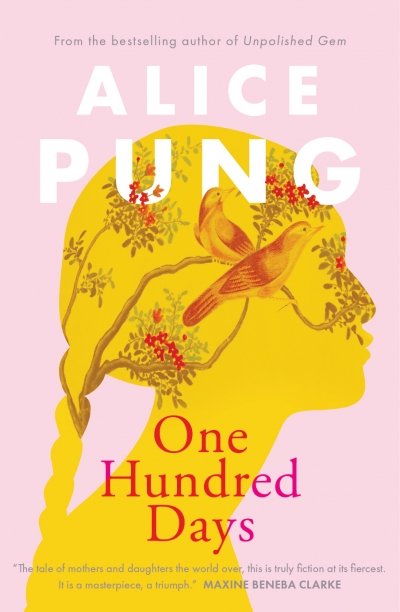Book of the Week
Sign up to Book of the Week and receive a new review to your inbox every Monday. Always free to read.
Recent:
This is the third book dedicated to the koala that I have reviewed in ABR in the past fourteen years. That level of attention says much about the place we hold in our hearts for this endearing marsupial. It also relates to the fascinating natural and social history of the koala, along with the wildlife management conundrums it throws up. The koala is probably the most widely recognised of Australia’s animal species. It is also probably the most studied of our roughly 380 mammalian species, so there is a strong knowledge foundation around which to build a good story.
... (read more)Faithless is the third novel by West Australian writer Alice Nelson. Her first, The Lost Sky (2008), saw her named Sydney Morning Herald Best Young Australian Novelist, and her second, The Children’s House (2018), attracted widespread critical acclaim. All three explore themes of trauma, displacement, memory, and love. Nelson, many of whose family migrated here from Europe, once pondered in a 2019 interview with Brenda Walker at the Centre for Stories whether writers write to ‘heal some kind of loss’ and whether for her ‘it began with that sense of loss of homeland, loss of culture and country that ran through my family’.
... (read more)In Chris Womersley’s novel Cairo (2013), a middle-aged man looks back as his seventeen-year-old self is caught up in the notorious theft of Pablo Picasso’s Weeping Woman from the National Gallery of Victoria by a group of bohemian artists. The heist-Bildungsroman combination is energetic, and decades of distance give Tom Button’s narration a lush, nostalgic quality. His sifted memories of 1986 fall gently, landing somewhere between regret and sustained desire.
... (read more)A Brief History of Equality by Thomas Piketty, translated by Steven Rendall
Capital in the Twenty-First Century (2013), by French economist Thomas Piketty, is wholly unlike Sally Rooney’s Normal People (2018) bar one telling, if esoteric, similarity. For a period of time during the 2010s, being seen with the book mattered more than having read it. Ed Miliband, former leader of the British Labour Party, boasted that he had not progressed beyond the first chapter. WIRED reported that the five most highlighted passages on Kindle were in the book’s first twenty-six pages.
... (read more)Sydney-based poet and editor Toby Fitch has spent much of the last decade traversing the field of radical French modernist poets, especially Arthur Rimbaud and Guillaume Apollinaire. That engagement ignited Fitch’s imagination. He began inverting, recombining, mistranslating, and mimicking their techniques in his own poetry. In his new collection, Sydney Spleen, he has made a sophisticated, fresh move that enhances his signature playfulness and tongue-in-cheek poetic antics.
... (read more)The title character of Laura Elizabeth Woollett’s second novel, The Newcomer, is Paulina Novak, who has arrived on Fairfolk Island after leaving a finance career in Sydney. If she is wanting to make a new start, then she’s mistaken; Paulina’s life seems perpetually sullied by alcoholism, an eating disorder, and a tendency to fall for callous men. Acquaintances say that her head is ‘messy’. Paulina herself remarks: ‘My whole life’s a fuck-up.’
... (read more)In the latter half of this novel, one of its protagonists is viewing a collection of butterflies at the Oxford University Museum of Natural History. This forms part of Jasmine’s holiday with her mother, Della, a tour of famous literary and other notable cultural sites in the United Kingdom. By this stage they have visited Stratford-upon-Avon, Brontë country in Haworth, and Jane Austen’s Bath and Southampton, and have been duly impressed or, in Della’s case, underwhelmed. But now Jasmine can only feel sadness: ‘We take the life of a living thing, hold it to display, because we feel entitled to the knowledge, entitled to the owning, the possessing.’
... (read more)Racism: Stories on fear, hate and bigotry edited by Winnie Dunn, Stephen Pham, and Phoebe Grainer
Sweatshop, based in Western Sydney, is a writing and literacy organisation that mentors emerging writers from culturally and linguistically diverse backgrounds. Racism, their ninth anthology, brings together all thirty-nine writers involved in their three programs – the Sweatshop Writers Group, Sweatshop Women Collective, and Sweatshop Schools Initiative.
... (read more)A Thousand Crimson Blooms by Eileen Chong & Turbulence by Thuy On
The biographical note to A Thousand Crimson Blooms observes that Eileen Chong’s first book, Burning Rice (2012), is ‘the first single-author collection of poetry by an Asian-Australian to be studied as part of the NSW HSC English syllabus’. Having run many writing workshops for students and adults over the years, Chong takes her pedagogy as seriously as her poetry. It’s no surprise, then, that A Thousand Crimson Blooms, Chong’s fifth collection, is replete with scenes of instruction. In ‘Teacher’, the poet corrects her mother’s pronunciation (‘I say TEAcher, then, I say teacher. / … I feel like an arsehole’) only to stand corrected by memories of her mother’s gentler tutelage. The collection’s dedicatee, Chong’s grandmother, metes out corporal punishment in ‘Hunger’, but has her own body disciplined in ‘Float’. The poet learns the meaning of ‘thole’ (Scottish for ‘to endure / what is barely bearable’) and after surgery discloses the origins of her nurse’s name. If there is pathos evoked by these anecdotes, much of it has to do with the way knowledge – how to care for the body, where to look for the roots of words – helps the poet overcome the inertia occasioned by violence, whether racial, sexual, or medical.
... (read more)It’s difficult to describe what it’s like to be raised in a Chinese family, especially when you are surrounded by markers of Western society. There is no such thing as talking back to your parents or refusing to do what they say. As a child, I never went to sleepovers. During my teenage and young adult years, I felt increasingly trapped in my own home. Everything I did was scrutinised; my parents never seemed to take into account my wants or needs. I found myself grasping for any scrap of independence, usually through lying or stealing or a combination of the two. As children, we are continually told that adults do things to protect us, especially when they are things we don’t particularly like. But when does protection morph into something uglier? When does it smother us, as if our agency has been stripped from us?
... (read more)

